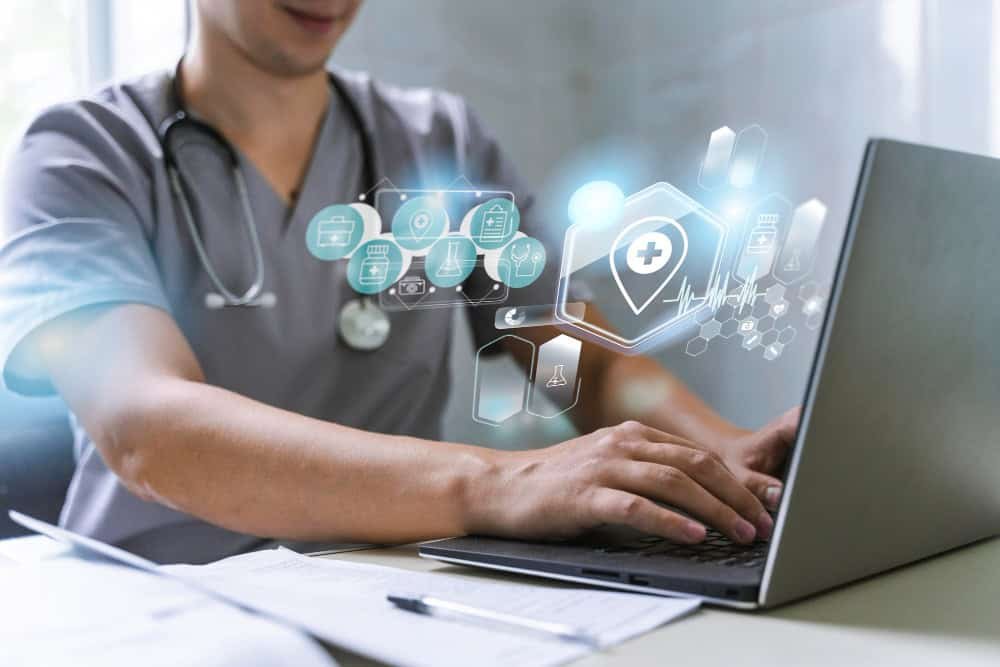
by GoodWorkLabs | Apr 23, 2025 | AI & ML
Introduction The healthcare industry is undergoing a transformative shift, propelled by the integration of Artificial Intelligence (AI) and Machine Learning (ML) into mobile applications. These technologies are not only enhancing patient care but also streamlining...
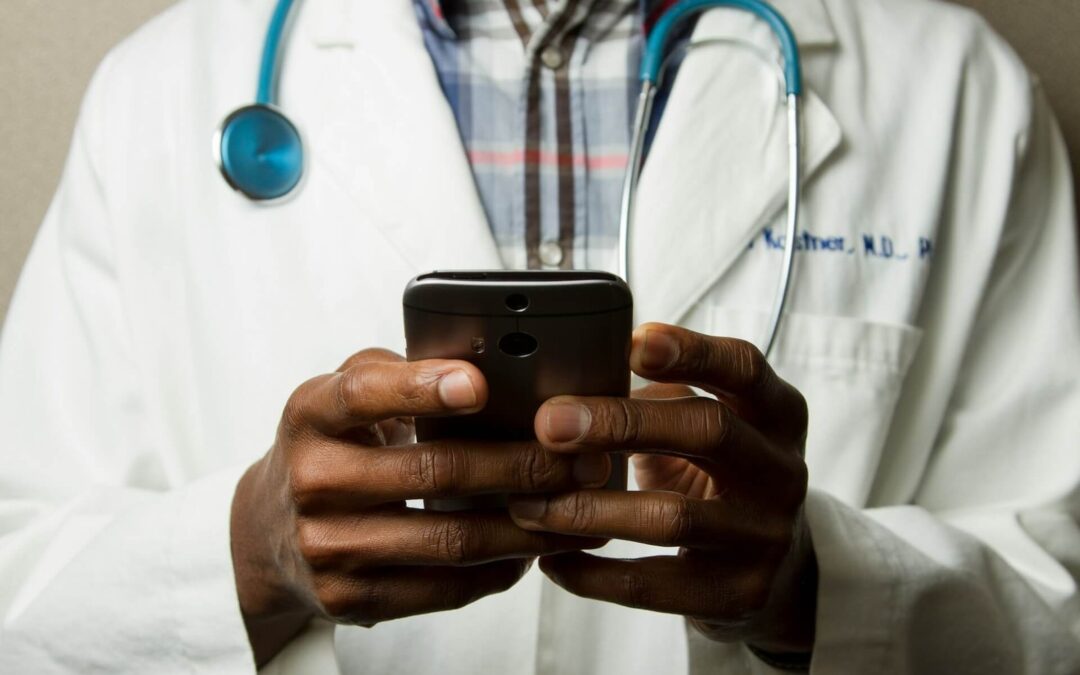
by GoodWorkLabs | Apr 26, 2024 | App Developers
The world is so connected. Advances in one industry are often reflected in another industry and the healthcare sector is a prime example of this. As technology is evolving, its impact is also getting visible in the healthcare domain and we’re seeing breakthroughs...
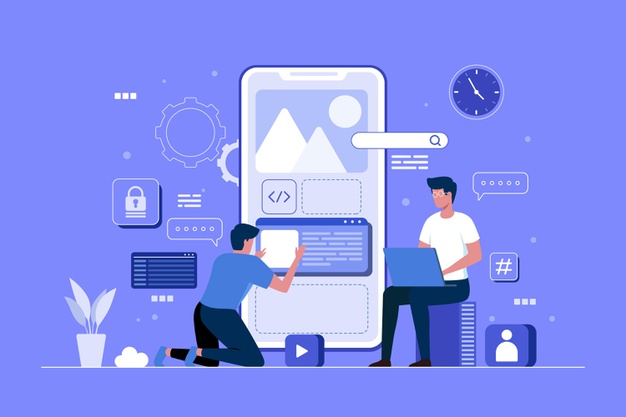
by GoodWorkLabs | Jan 22, 2022 | Mobile App Development
With the advent of technology and the development of high-tech equipment pieces, the healthcare industry has undergone a major transformation. The demand for healthcare applications has increased exponentially over the last few years. With the covid making rounds,...





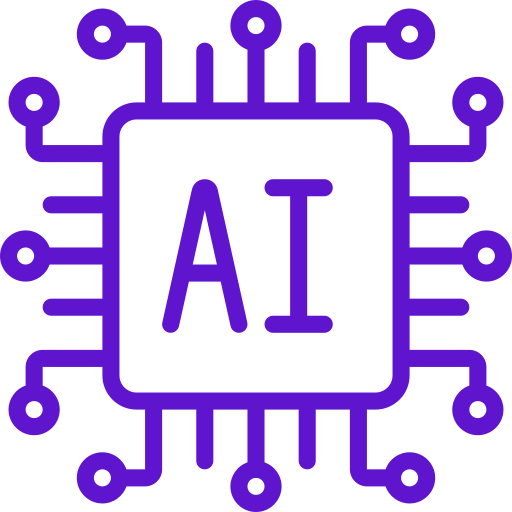 AI & ML Advisory Services
AI & ML Advisory Services Software Development
Software Development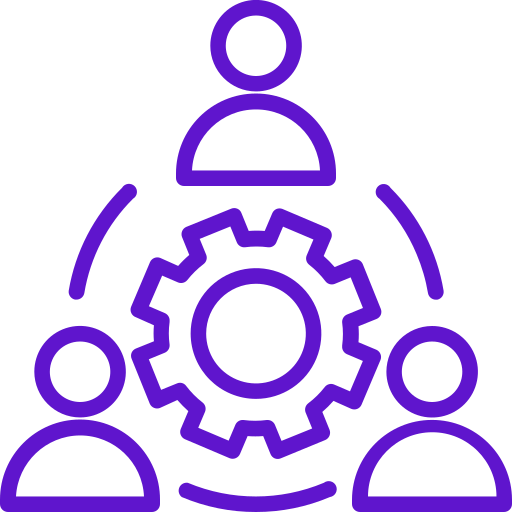 Staff Augmentation
Staff Augmentation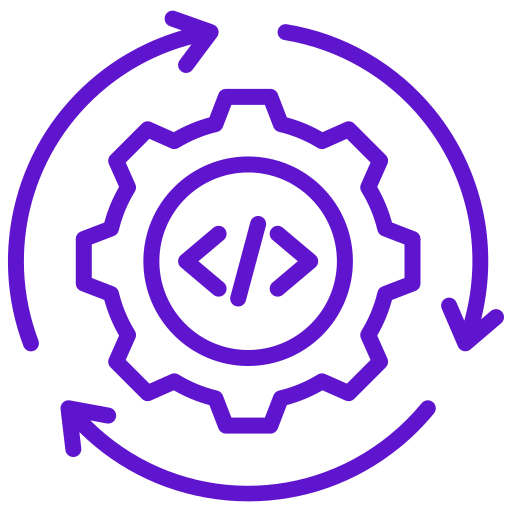 DevOps Consulting Services
DevOps Consulting Services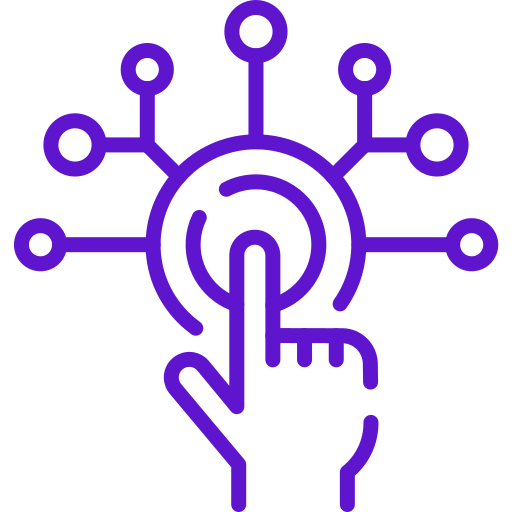 Digital Transformation
Digital Transformation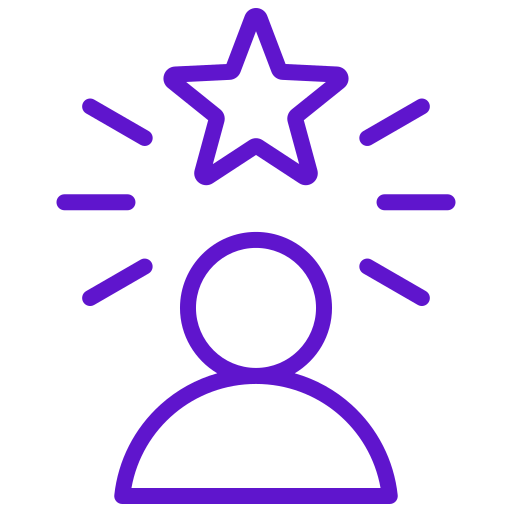 Talent And PRO Solution
Talent And PRO Solution Artificial Intelligence
Artificial Intelligence UX Design Studio
UX Design Studio Robotic Process Automation
Robotic Process Automation Global Capability Center(GCC)
Global Capability Center(GCC) Platform Strategy
Platform Strategy Cloud Services
Cloud Services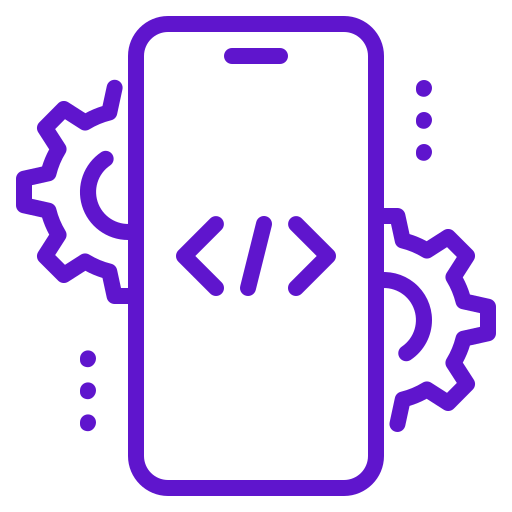 Mobile App Development
Mobile App Development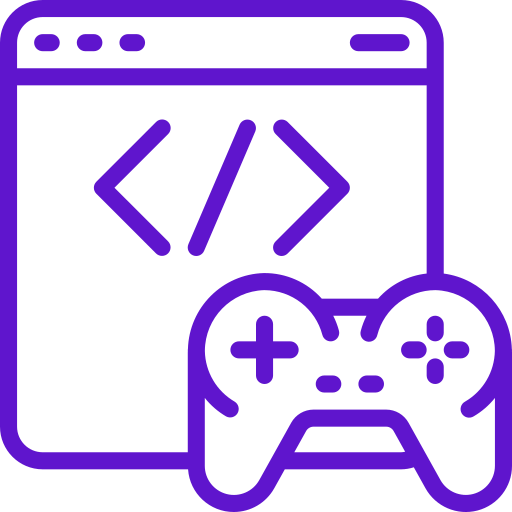 Games Development
Games Development IOT Application Development
IOT Application Development Corporate Training Services
Corporate Training Services